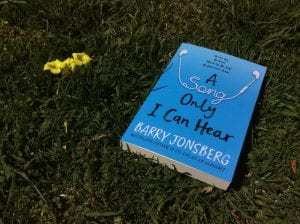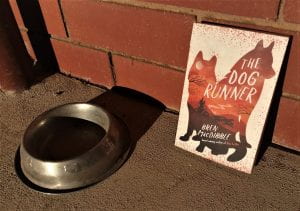Matching Developmental Stages to Children’s Literature
In helping children with selections, can you explain why age alone is an inadequate guide? How does knowledge about a psychosocial perspective of development help an adult in advising book selection for a particular child?
On its own, age is not an adequate guide to help children with selections because children bring their whole selves to a reading experience. Physical, cognitive, social and cultural influences have an impact on children’s development, and these influences may be stronger, or weaker, or non-existent, or balanced, for any given child at any given time (Travers & Travers, 2008, p. 9).
The biological, psychological and social development of a child will influence their interests and potential for engaging with a story (2008, p. 13). The adult can consider the child’s developmental level to match with the child an appropriate book.
Can you give specific examples of the match between goodness-of-fit and appropriate literature?
Goodness-of-fit refers to the match between developmental level and appropriate literature (2008, p. 9). Last year I read A Song Only I Can Hear by Barry Jonsberg (2018).
Throughout the story, the main character is developing his identity, so this text would have goodness-of-fit with a child entering Erikson’s Identity v Identity Confusion stage of development.
I’m wondering if Bren MacDibble’s The Dog Runner would have goodness-of-fit with a child in the Intermediate years of Erikson’s Industry v Inferiority developmental stage.
Children become curious about adventure and exploring the world around them at this stage (2008, p. 11), so the adventures of Ella and Emery might be of interest to them.
How would you explain the manner in which developmental psychology helps teachers and librarians and parents to understand the child’s response to literature?
Children at a certain stage of development will respond to books that match this stage because that’s what their bodies and brains are working through at that time in their life.
Can you identify the themes of several of the stories mentioned in this chapter that reflect the ideas of particular theorists?
J.K. Rowling’s Harry Potter books and John Green’s Looking for Alaska have prominent themes of good versus evil, suicide and identity, that reflect Erikson’s psychosocial stage of Identity v Identity Confusion.